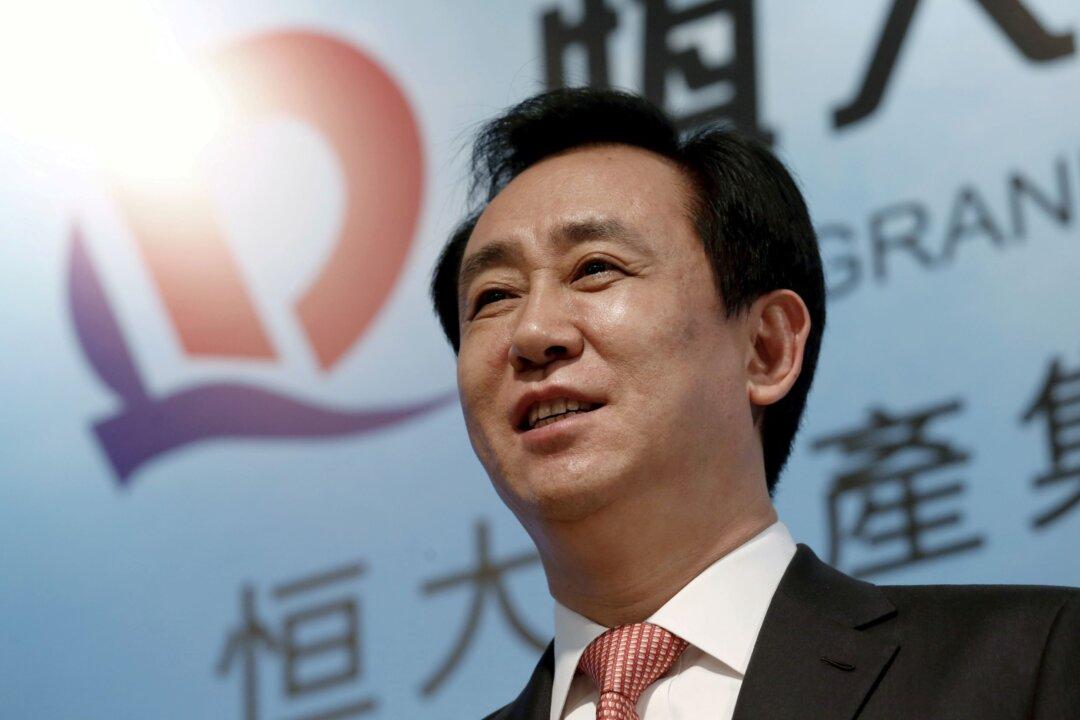As Evergrande and its Chairman Xu Jiayin’s fate is sagging under millions of liabilities, on September 24, another private enterprise giant HNA (HNA Group Co., Ltd.)—being under bankruptcy reorganization—through its official WeChat announced that its chairman and the chief executive officer had been arrested.
The news was also confirmed on the same day by Gu Gang, head of the joint working group and secretary of the Committee of Chinese Communist Party in HNA at a meeting of party cadres. The joint working group took over the disposal of HNA after the latter declared bankruptcy on Jan. 29.





